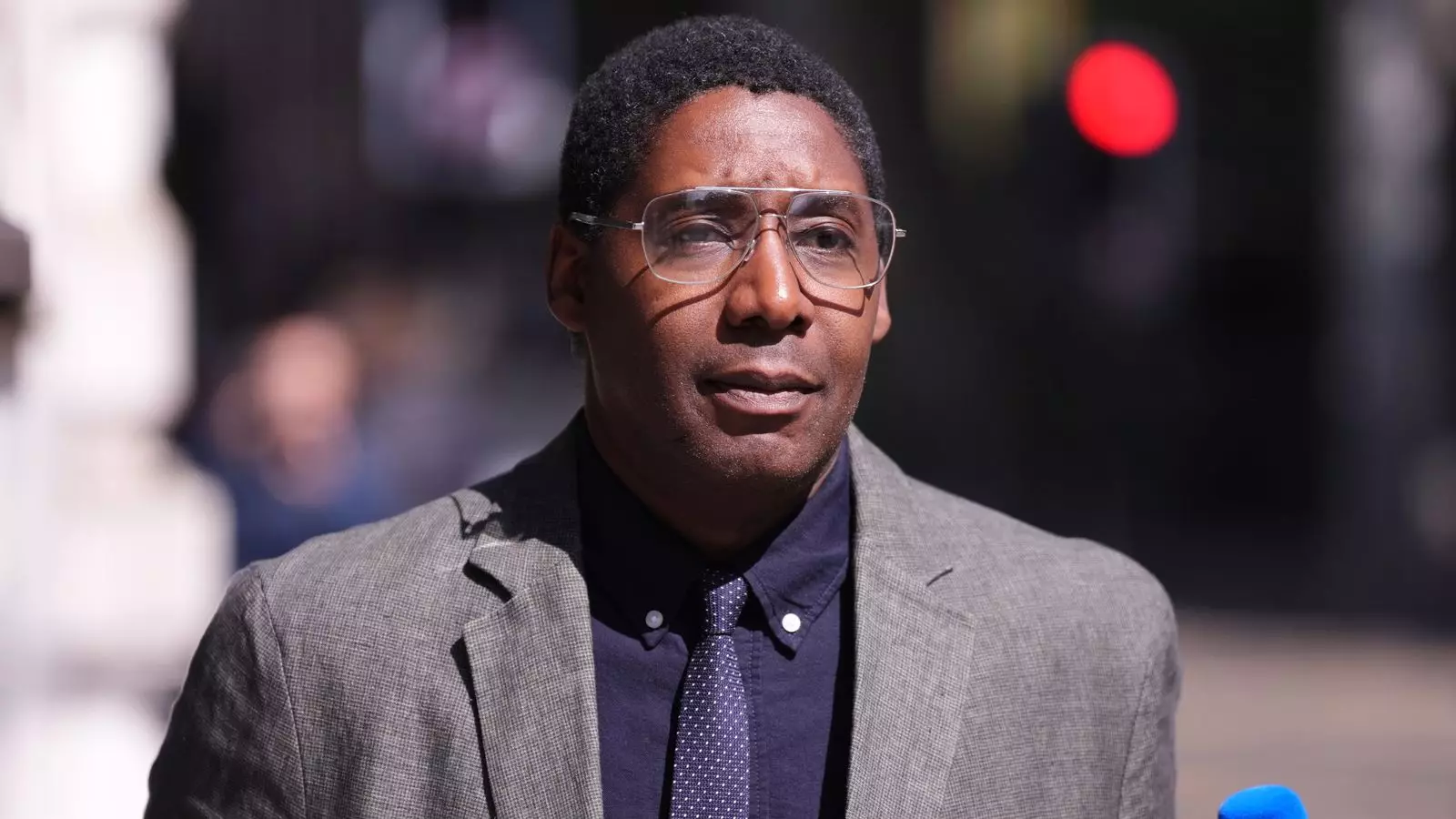In a shocking turn of events, the art world has been shaken to its core by the conviction of Oghenochuko Ojiri, a once-respected expert whose involvement in selling artworks to a man linked to terrorism has drawn critical attention. The case, which reverberated through both the art community and legal circles, exposes a harrowing truth: beneath the glamorous surface of art sales lies a murky network that can facilitate unspeakable activities. Ojiri, a prominent figure known for his television appearances on shows like Bargain Hunt and Antiques Road Trip, sold art worth approximately £140,000 to Nazem Ahmad, a businessman now under intense scrutiny for financing Hezbollah. This scandal raises vital questions about ethics, responsibility, and the broader implications of art as a potential tool for laundering money for nefarious purposes.
Unveiling the Complicity: A Choice of Profit Over Principle
Ojiri’s conviction reveals a chilling reality about ethical compromises in the art market. Prosecutors indicated that Ojiri knowingly engaged in dealings with Ahmad, ignoring clear red flags that should have prompted immediate disclosure. Legal decisions often come with complex moral weight, as they force individuals to navigate the thin line between personal gain and societal responsibility. The judge’s remarks during sentencing emphasize this moral conflict, suggesting that Ojiri’s fall from grace wasn’t just a personal disaster but a formidable betrayal of public trust, particularly in his role as a role model for young individuals from ethnic minorities aspiring to succeed in the arts.
Despite the inherent allure of the art world, which often romanticizes the notion of the marginal artist making it big, Ojiri’s choices illustrate a darker reality. He prioritized his business’s financial success over ethical obligations, practically defining a toxic archetype of the self-interested dealer. This disturbing willingness to “turn a blind eye” to Ahmad’s dubious reputation in favor of maintaining lucrative transactions only highlights how the intoxicating allure of wealth can pervert one’s moral compass.
Art as a Playground for Illegality
The ramifications of this case extend far beyond the individual. Art has increasingly become a point of access for dubious financing, offering a level of anonymity that is not easily attainable in other markets. This incident underscores the pressing need for heightened regulations and vigilance in a field often regarded as an elitist sanctuary. The ability for sophisticated individuals like Ahmad to infiltrate the art market underscores a gaping hole in the industry’s safeguards against criminal exploitation.
The UK’s legal system, often accused of being lenient, sent a clear message with Ojiri’s sentence—willfulness in overlooking the law carries weighty consequences. Not only did Ojiri’s actions result in a prison term, but they also serve as a dire warning to other dealers entangled in the lucrative yet perilous game of art trading. The longstanding perception of the art market as a legitimate business avenue has been called into question, where the potential for laundering funds and masking illegal transactions casts a glaring shadow on its legitimacy.
The Price of Ignorance
At the heart of this debacle lies a poignant commentary on the price of ignorance. The art world can no longer afford to casually dismiss the moral ramifications of its transactions. The rise of sophisticated criminal enterprises operating behind the veil of artistic purity necessitates an urgent rethink of internal governance and ethical practices within galleries and auction houses. The creative community must awaken to its complicity in narratives that socially legitimize those activities that dance on the fringes of legality.
His incarceration may only scratch the surface of broader systemic issues at play. Art dealers must reassess their accountability, recognizing that their decisions extend beyond mere transactions. The art world is, indeed, a microcosm of society at large, illustrating how ambition can curdle into moral compromise when profit defines one’s existence. Therefore, it’s high time that we re-evaluate the values that drive the art market, ensuring that they align with the principles of social responsibility and ethical integrity.


Leave a Reply